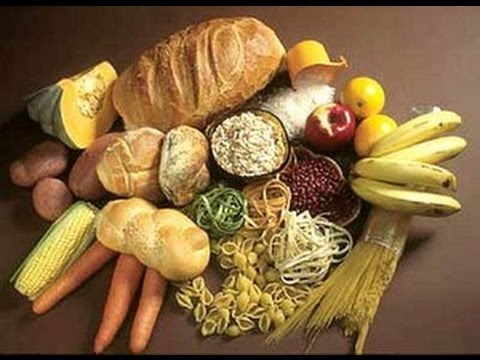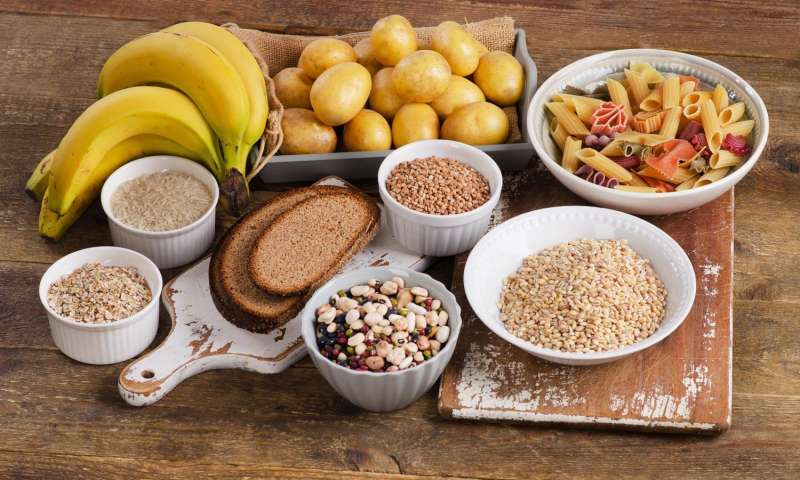Health
Here’s Why A Diet Rich In Resistant Starch May Be Good For You
Many people on diets shy away from carbohydrates believing that a low carb diet will help with weight loss. However, a recent study has found that carbohydrates high in resistant starch may actually increase satiety, help check blood sugar and support the gut.
What Is Resistant Starch?
Resistant starch is a dietary fibre found in many carbohydrate rich foods. Resistant starch plays the role of most fibres; it blocks space in your digestive system so you feel full faster and it is not absorbed by the body and therefore not stored as fat.
“Resistant starch has the potential to become the next hot nutrition trend,” says Leslie Bonci, RD, author of the American Dietetic Association’s Guide to Better Digestion to Prevention.com.
A Survey Of Recent Studies
To understand the benefits of resistant starch, researchers from the British Nutrition Foundation and University College Dublin in Ireland surveyed all the previous research on the health benefits of resistant starch.
“We know that adequate fibre intake – at least 30 grammes per day – is important for achieving a healthy, balanced diet, which reduces the risk of developing a range of chronic diseases,” said Stacey Lockyer, from British Nutrition Foundation. “Resistant starch is a type of dietary fibre that increases the production of short chain fatty acids in the gut, and there have been numerous human studies reporting its impact on different health outcomes,” she added.
The researchers found that resistant starch may have a multitude of benefits; one study reviewed found that eating crackers with resistant starch for just three weeks had increased healthy gut bacteria.
Another study indicated that resistant starch creates short chain fatty acids in the gut which increases satiety as well as causes the body to burn stored fat for energy.
Some studies go so far as to suggest that resistant starch can reduce the risk of colorectal cancer, although the reviewers maintain that more research needs to be done.
“Whilst findings support positive effects on some markers, further research is needed in most areas to establish whether consuming resistant starch can confer significant benefits that are relevant to the general population,” said Lockyer. “However, this is definitely an exciting area of nutritional research for the future.”
The study authors suggest that people look to whole grain carbohydrates to get their fill of resistant starch. Resistant starch can be found in grains, seeds, legumes, raw potatoes and green bananas. When some carbohydrates like potatoes and rice are cooked and then cooled, some digestible starch is turned into resistant starch.























